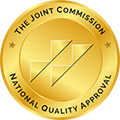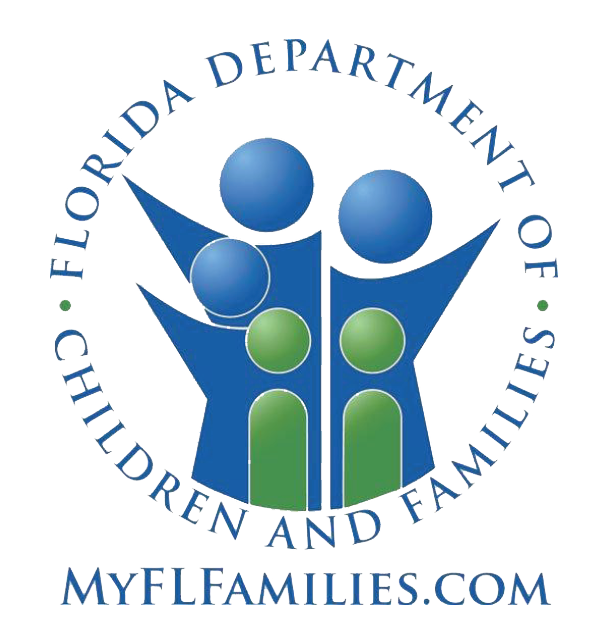At Serenity Springs Recovery Center we provide comprehensive help for individuals struggling with alcohol use disorder, substance use disorder and dual diagnosis. Our dedicated team of professionals is committed to offering personalized care and support to address the unique challenges associated with these diagnoses. With evidence-based therapies, individual counseling sessions, group support, recreational and holistic treatments, we guide individuals towards lasting recovery and improved mental health. Whether someone is battling alcohol addiction, substance abuse, or both alongside a mental health disorder, our integrated approach aims to heal the mind, body and spirit. At our facility, individuals receive the compassionate guidance and tools they need to overcome their challenges and embark on a journey of transformation and long-term wellness.
Alcohol use disorder refers to a chronic condition characterized by the excessive and uncontrollable consumption of alcohol. It involves a loss of control over drinking, continued use despite negative consequences, and a physical and psychological dependence on alcohol. Alcohol use disorder can lead to severe health problems, relationship issues, and impaired functioning in various areas of life.
Substance use disorder encompasses a range of addictive behaviors involving the misuse of drugs or substances. It is characterized by a compulsive pattern of substance use despite negative consequences. Substance use disorder can involve a variety of substances, including illicit drugs, prescription medications, or even commonly abused substances like nicotine or caffeine. It can have profound effects on an individual’s physical health, mental well-being, relationships, and overall functioning.
Dual diagnosis, also known as co-occurring disorders, refers to the presence of both a substance use disorder and a mental health disorder in an individual. This term acknowledges the high prevalence of individuals who struggle with both addiction and mental health issues simultaneously. Dual diagnosis requires a comprehensive treatment approach that addresses both conditions concurrently, recognizing the complex interplay between addiction and mental health and the need for integrated care to promote optimal recovery outcomes.







